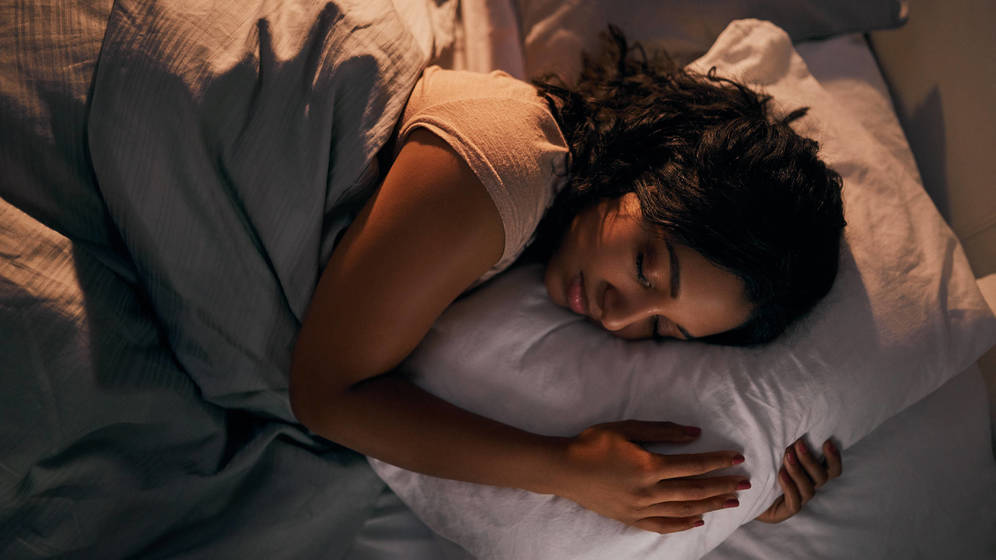At bedtime, each person is a world and they all have hundreds of tricks to ensure the best rest. Some count sheep, others relax trying to leave their minds blank and some last ones, on the contrary, need to tell a story in order to enter the dream world.
In the same way, there are those who prefer to sleep on their stomach, on their side or face up (they should be more careful with sleep paralysis and possible snoring). Of course, there is something that probably all have in common: the use of a comfortable pillow to support the head.
Whether it is harder or softer, it is more likely that you also have yours, a product so necessary that when we travel and lean our head on another that is not ours (whether in a hotel, an Airbnb or the house of a friend) is not the same and we may have trouble falling asleep.
The pillow and the rest do not seem to be able to be separated in any way, but although we see it as necessary for our necessary night rest, in reality it is not so much. Or at least, it depends on the posture we take when lying in bed.
This is stated in a recent article published in ‘Melmagazine’. It is difficult to think of sleeping without a pillow, they say, because it is a concept as old as civilization itself.
They existed 7,000 years ago, although they were made of stone and were a little less comfortable, their main objective was to prevent insects from entering the sleeper’s ears.
The birth of the pillow as we know it did not take place until the ancient Greeks and later the Romans began to use cotton materials, reeds, straw or even soft feathersif the citizen was richer. The soft pillow was reserved for the elite, and as a curiosity, its filling in the past had to be changed regularly due to mold and vermin, and legend has it that Henry VIII prohibited its use, except for pregnant women.
Today’s modern pillows are filled with polyester, feathers, or memory foam, so there’s no need to worry about hypothetical mold. Still, we insist that you don’t always need them, especially if you’re the type of person who sleeps on their stomach.
Resting in that position is unnatural, according to the University of Rochester Medical Center, as it adds tension to the back and neck and makes it difficult for the spine to maintain its natural curvature.
There is a lot of evidence that sleeping without a pillow is beneficial for health, as it helps the back to extend in a natural position and prevents pain, in addition, using a pillow that is too soft can tighten the neck muscles and even decrease the flow of blood to the head.
Although that doesn’t mean it’s always bad. For example, if you lie on your side, it can help you maintain the natural curve of the spine. If you do face up, a small pillow under the back of your knees will reduce stress on your spine. A
ccording to the authors of a study at the University of Rochester, it is a good idea to lift your knees up to your chest, and a rolled towel or small pillow below your waist can also help support your spine.
The other advantage of pillows, according to the Harvard Business Review, is that they help if you have heartburn symptoms.
Sleeping with your upper body elevated can also reduce symptoms of sinus problems and can prevent relapses of benign paroxysmal positional vertigo, a condition in which tiny crystals in the inner ear break loose and cause extreme dizziness.
In conclusion, unless you sleep on your stomach, you can continue to use the pillow, although, as you can see, although it can help it is not really necessary. Although it will always be better than the stone ones that our ancestors used.














